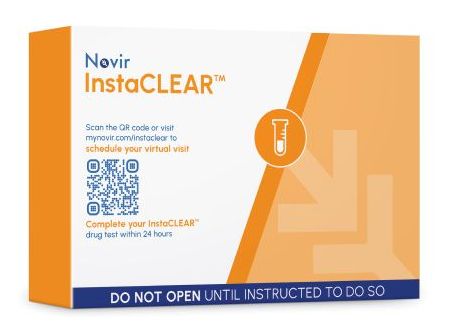Understanding post-accident drug testing requirements ensures compliance with the regulations of different DOT agencies. Each agency outlines specific guidelines to determine when testing is necessary.
FMCSA
Post-accident drug testing becomes mandatory after any accident involving a fatality. Testing is also required in two additional scenarios: when authorities tow one or more motor vehicles from the scene or when medical professionals treat someone away from the scene, and law enforcement issues a citation to the commercial motor vehicle (CMV) driver. For further details, refer to the page that depicts the FMCSA DOT compliance testing requirements.
PHMSA
Post-accident drug testing is required for accidents involving gas pipeline or LNG facilities. Incidents involving hazardous liquid or carbon dioxide pipelines also mandate testing. These regulations promote compliance and safety within the pipeline industry.
FAA
An accident occurs when an individual dies or suffers a serious injury, or when an aircraft sustains substantial damage. Employers must conduct post-accident drug testing if their performance contributed to the accident or if it cannot be ruled out as a contributing factor. Employers should also rely on the best available information to decide if testing is necessary. Notably, monetary damage does not determine whether an event qualifies as an accident.
FRA
The FRA requires the collection of urine and blood specimens from surviving employees and tissue from deceased employees as part of post-accident drug testing. Independent medical facilities also collect specimens from survivors.
Key points include:
- Testing rules are outlined in 49 CFR Part 219 Subpart C.
- FRA’s contract laboratory analyzes the specimens.
- These procedures support accident investigations and provide data on substance usage.
FTA
Employers must test employees after accidents involving fatalities. For non-fatal accidents, testing depends on whether the employee’s actions contributed to the incident. If the employer can prove the employee was not at fault, testing is unnecessary. However, testing may still apply if a vehicle suffers disabling damage or someone requires immediate medical attention away from the scene.
USCG
What Qualifies as a Serious Marine Incident (SMI)?
A Serious Marine Incident (SMI), as defined in 46 CFR 4.03-2, includes specific scenarios that require testing. In general, an SMI involves:
- Oil Discharge: A release of 10,000 gallons or more of oil into U.S. navigable waters, regardless of whether it results from a marine casualty.
- Hazardous Substance Discharge: A reportable quantity of hazardous substances released into navigable waters or the environment, with or without a marine casualty.
- Marine Casualties Requiring Coast Guard Reports: Incidents involving commercial service vessels that lead to:
- One or more fatalities.
- Injuries needing professional medical care beyond first aid.
- Significant property damage exceeding $100,000.
- Total loss of any inspected vessel.
- Total loss of uninspected, self-propelled vessels over 100 gross tons.
These incidents highlight the importance of strict reporting and testing to ensure safety and environmental protection in marine operations.


